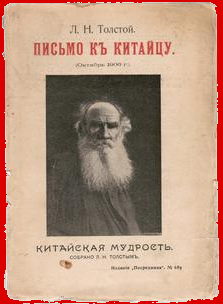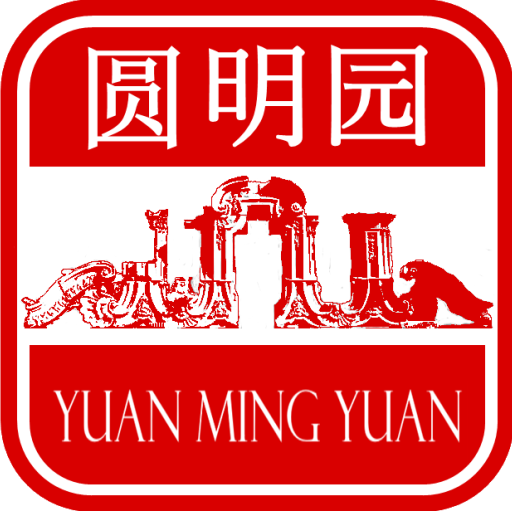Reactions to the looting
Not all Europeans approved the looting perpetuated by Franco-British troops in 1860 and the violence of the Eight-Nation Alliance in 1900.
French writer Victor Hugo was among the first to condemn the looting and deplore the destruction of the Old Summer Palace. In his letter to Captain Butler, Victor Hugo wrote “One day two bandits entered the Summer Palace. One plundered, the other burned”. He ended his letter with this sentence, “We Europeans are the civilized ones, and for us the Chinese are the barbarians. This is what civilization has done to barbarism”.
China has not forgotten Victor Hugo’s letter, and in 2010 a bust of the writer was erected on the site of the Old Summer Palace.

The occupation of Beijing by the Eight-Nation Alliance and the atrocities inflicted by the Western military was denounced by the intelligentsia of the time.
Unlike the Franco-English expedition of 1860, the Boxer Rebellion and the occupation of Beijing by the Eight-Nation Alliance, were covered by the media and photos were published in newspapers. Everyone was able to get an idea of the current events. The Boxer movement even aroused the sympathy of people such as Mark Twain who entitled one of his speeches: “I am a Boxer”. The winner of the Nobel Prize for Literature, Rabindranath Tagore, pointed to the barbarity of Europeans in China. The great Tolstoy, in his “letter to a Chinese gentleman” (1906), criticized the looting carried out by Europeans in China.
The Unequal Treaties are unfortunately still rarely studied in Europe, even though the development of relations, in particular cultural and tourist exchanges between China and Europe, gives the European audience a better understanding of this tragic historical episode.
Cooperans, through the Yuanmingyuan project, aims to support this awareness in order to promote the Sino-European cultural dialogue.
